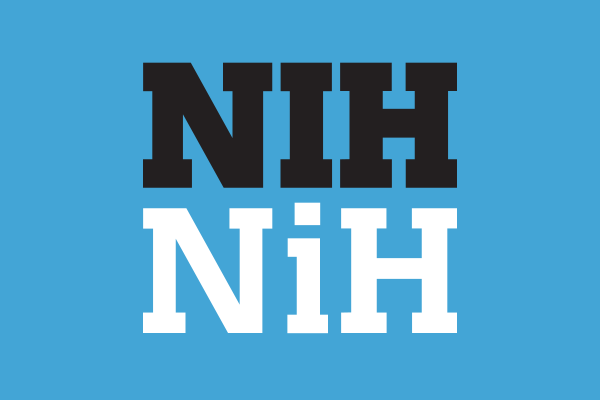Health Capsule
Predicting Response to Breast Cancer Drugs
Scientists found tiny genetic differences that can help identify women most likely to benefit from certain breast cancer prevention drugs—and who should avoid them.
Women at high risk for breast cancer—such as those with a previous tumor or a family history of the disease—can take medications to lower their risk. These drugs include tamoxifen and raloxifene. But many women decide not to take them. The drugs don’t always prevent cancer, and in rare cases they can cause serious side effects. If doctors could better predict a patient’s response to therapy, women could make more informed choices about their treatment.
To learn more, an international team of NIH-funded scientists analyzed the genes of women in a breast cancer prevention study. The women had taken tamoxifen or raloxifene for several years to reduce their risk for breast cancer.
Two tiny genetic regions tended to differ between women who did and didn’t develop breast cancer while taking the drugs. Women who had “helpful” versions of both regions were about 6 times less likely to develop breast cancer than women who didn’t have these versions.
“Our study reveals the first known genetic factors that can help predict which high-risk women should be offered breast cancer prevention treatment and which women should be spared any unnecessary expense and risk from taking these medications,” says study leader Dr. James N. Ingle of the Mayo Clinic. “We also discovered new information about how the drugs tamoxifen and raloxifene work to prevent breast cancer.”
NIH Office of Communications and Public Liaison
Building 31, Room 5B52
Bethesda, MD 20892-2094
nihnewsinhealth@od.nih.gov
Tel: 301-451-8224
Editor: Harrison Wein, Ph.D.
Managing Editor: Tianna Hicklin, Ph.D.
Illustrator: Alan Defibaugh
Attention Editors: Reprint our articles and illustrations in your own publication. Our material is not copyrighted. Please acknowledge NIH News in Health as the source and send us a copy.
For more consumer health news and information, visit health.nih.gov.
For wellness toolkits, visit www.nih.gov/wellnesstoolkits.


